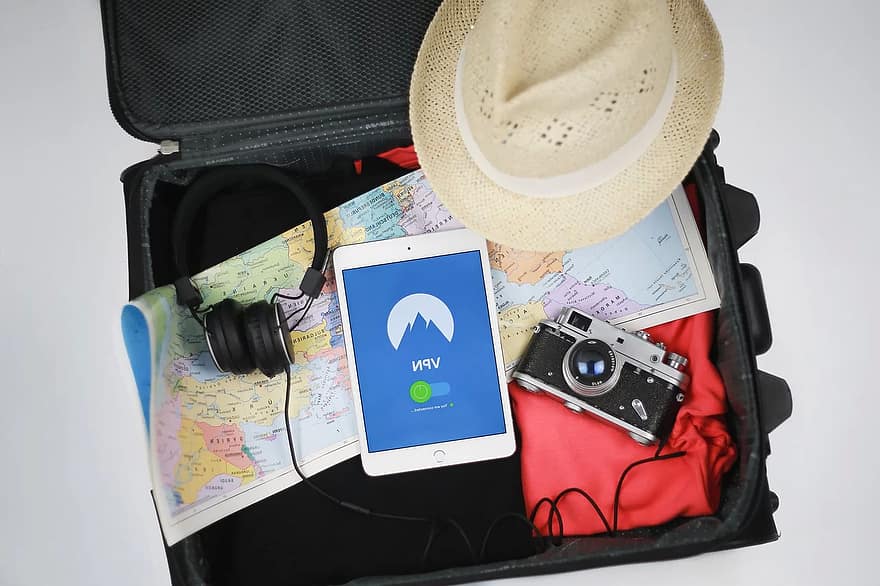Whether you’re drawn to top affordable European destinations like Romania’s charming villages, Malta’s sun-soaked beaches, or cultural gems like Budapest, Hungary, and Krakow, Poland, you’ll encounter eyebrow-raising cultural differences everywhere. Getting the hang of these unspoken cultural norms can save you from some embarrassing moments while making your trip feel less like a sightseeing adventure and more like a local’s everyday experience.
Greetings Aren’t One-Size-Fits-All
Cultural greetings vary a lot by place, age, and other factors. Jump off the train in Paris, and you may see people kissing cheeks casually. In Helsinki, don’t be surprised if folks keep their distance. It’s not just about crossing borders either; generational norms also play a role.
If you’ve ever noticed how some people stand super close when they talk in Europe, that’s normal in Spain or Italy, while in Sweden, more personal space is preferred. Germans tend to prefer and value eye contact more, though. In other places, such as Eastern Europe, it’s better to make less eye contact by default.
Generally, the best advice is to see how the locals say hello, then follow their lead. This observation shows respect for local customs, preemptively avoiding awkwardness, and acknowledges you’re the visitor in their space.
Eating Like a Local Means Slowing Down
If you start paying attention, you’ll notice countless little customs that reveal how Europeans view mealtimes as celebrations of both food and company. For instance, a Spanish “lunch break” may stretch for hours, and in Italy, locals don’t even think about dinner before 8 p.m.
Tipping culture in Europe varies from country to country and confuses most American visitors. Generally, tipping is much appreciated but not mandatory. Often, a service charge is included in the bill, but if it isn’t and you’re satisfied with your meal, a 5-10% tip is common. Be mindful that in some countries, leaving cash or coins on the dinner table is frowned upon. In this case, it’s better to let the server know when you make the payment if you’ve included a tip for them. However, this is a rule of thumb and not true of all countries, so researching ahead of time is a wise move.
Here are some other common European dining norms that might surprise you:
- Hands on the table: Keep your hands visible, not in your lap. This tradition dates back to showing you weren’t hiding weapons.
- Menu modifications are frowned upon: Chefs consider their dishes complete culinary statements, and asking for substitutions is frowned upon.
- Water costs money and comes without ice: Free tap water isn’t standard, and Europeans generally prefer room-temperature drinks.
- Meal pacing is slower: They’d be called inefficient in the U.S, but two-hour lunches aren’t uncommon in Europe, which prioritizes conversation and digestion.
Once you get used to these rhythms, you might find yourself questioning why other cultures like America rush through meals rather than savoring their food and the company.
Public Spaces = Quiet, Orderly, and Respectful
Public transport in Europe is like a quiet library on wheels; people usually read, scroll silently, or listen to music with headphones. The unwritten rule is to keep your voice down and your business to yourself. This silence isn’t rude; it stems from a cultural respect for shared spaces and mutual respect.
Lines are serious business in public places. The British aren’t the only ones who get annoyed when you don’t wait your turn, it’s a continent-wide pet peeve. Europeans see orderly queuing as fundamental to social fairness, desiring that everyone gets served in the order they arrived.
Packing your bags for Europe is a bit trickier than you’d think due to changing weather patterns and baggage fees. It’s best to focus on multifunctional pieces to save space and pack durable shoes that are good for walking. If you’re planning to visit churches, be sure to bring outfits that cover bare shoulders and knees to be respectful because religious sites maintain traditional dress codes.
Money, Time, and Sundays Work Differently
European approaches to payments, business hours, and dining customs often catch travelers off guard. Cash remains essential in many small shops and cafés, Sundays transform bustling areas into quiet zones, and restaurant etiquette follows different rules entirely. Understanding these practical differences can save you from awkward moments and help you navigate daily life more smoothly.
Here’s what to know:
- Carry cash in various denominations: Many small businesses in Europe don’t accept cards due to fees or tradition. Plan to withdraw enough local currency for several days when you arrive.
- Plan ahead for Sundays: Most businesses are closed on Sundays, so shop for groceries on Saturday, research which restaurants stay open, and embrace this day for parks, museums, or casual strolls.
- Learn key payment phrases: Memorize how to ask for the check in the local language, as servers won’t bring it until specifically requested — it’s considered rude to rush guests.
- Adjust your bill-splitting expectations: Most European restaurants aren’t set up for dividing checks or handling multiple cards. Take turns treating friends or bring cash for easier settling up.
Being prepared for these cultural norms will help you avoid awkward moments and common pain points for travelers visiting Europe.
Final Thoughts
These cultural differences aren’t obstacles, they’re the best part of traveling to Europe. Each custom reveals something meaningful about local values, whether it’s respecting shared quiet spaces or prioritizing relationships over schedules. Instead of fighting these differences, embrace them as part of your travel adventure.

